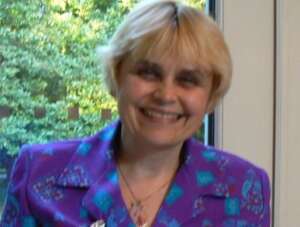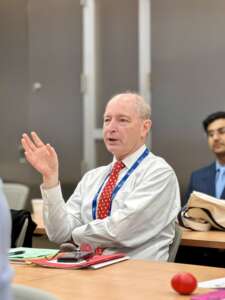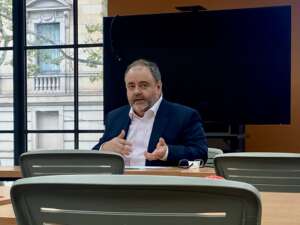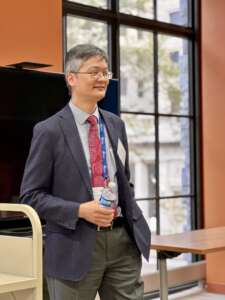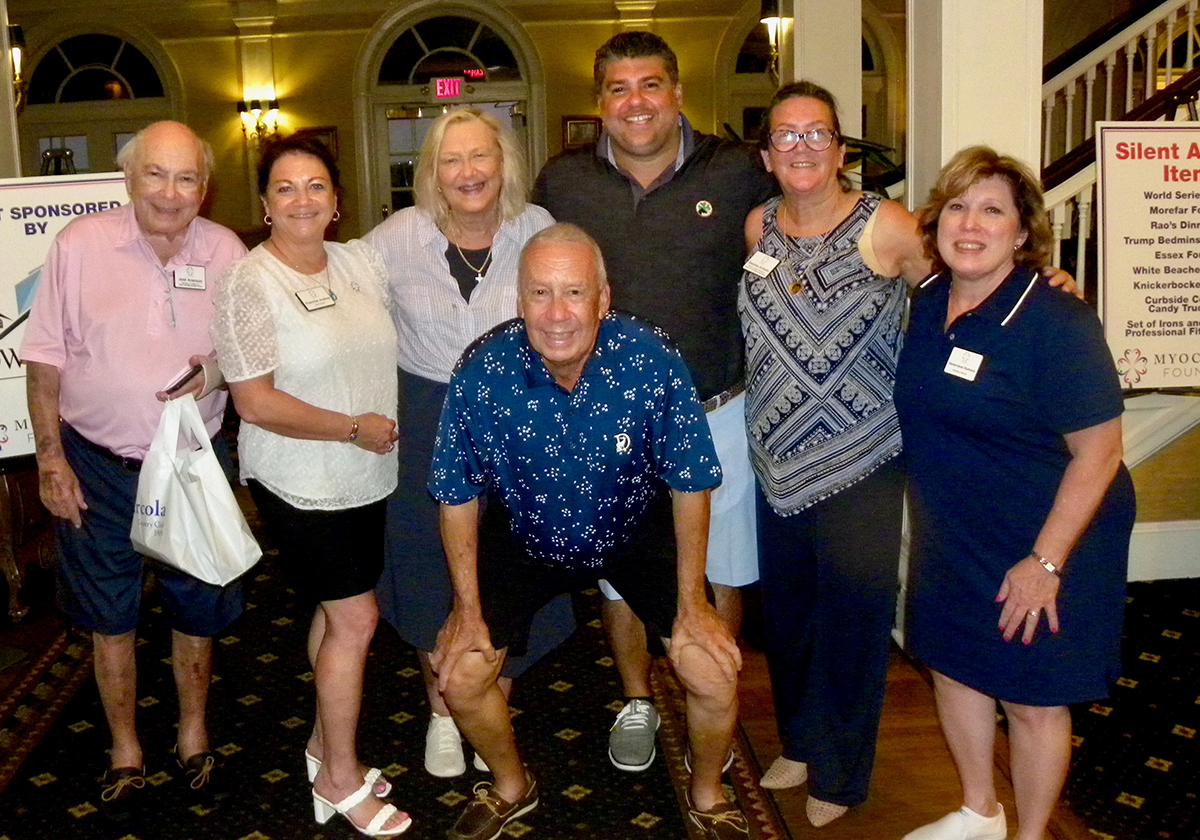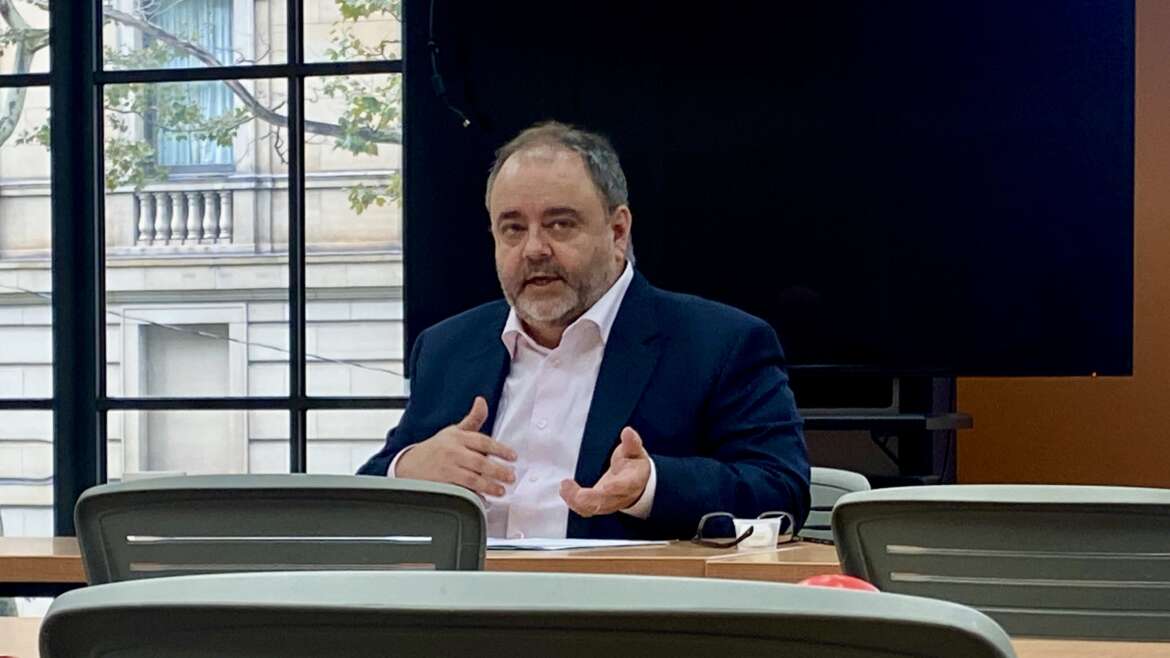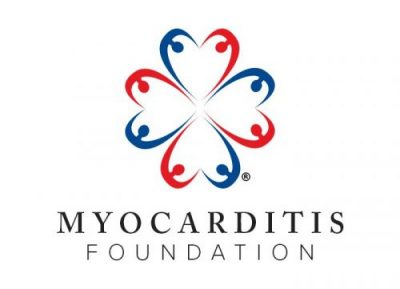Seasoned Specialist’s Report at the 2023 Family Meeting
Renata Engler, a Retired Army Colonel and Immunology Specialist affiliated with Walter Reed Hospital, Bethesda, Maryland, joined us via Zoom to speak about COVID Vaccination and Long COVID Syndrome. She shared that when the immune system gets turned on to fight the virus that is attacking the body, sometimes it doesn’t cool down when it should. This is what causes recurrent inflammation and “Long-COVID Syndrome.” She has generously offered us to share her email with our families and welcomes your questions related to Vaccines. [email protected]
Leslie Cooper, Chair of the Cardiovascular Department of the Mayo Clinic, Jacksonville, Florida location, our Co-Founder and Medical Director, spoke on the founding of the Myocarditis Foundation. Together with the help of Candace Moose (Co-Founder) and survivor of Giant Cell Myocarditis (GCM) and a heart transplant recipient, they founded the Myocarditis Foundation in 2005.
Dr. Cooper spoke about a study on “Anxiety and Depression in Myocarditis”, that the Myocarditis Foundation funded. There are over 200 patients and caregivers enrolled, but they are still in need of about 25 people not affiliated with anyone dealing with myocarditis to enroll as “controls” for the study. If you can help with this, please email Daniel Smith at Mayo Clinic: [email protected]
Jack Price, a Pediatric Cardiologist at Texas Children’s Hospital (TCH), Board Member, and Pediatric Medical Director for the Myocarditis Foundation provided us with updates on three studies on Pediatric Myocarditis.
There is a study being conducted on the Global Burden of Myocarditis in Children, which is utilizing information obtained in 2019 and will be completed in 2035. Sadly, research takes many years to evaluate and ascertain the answers it sets out to obtain. There are 11,755 children with myocarditis and cardiomyopathy world-wide. While the rates are on the rise, mortality is decreasing. Could this be because more is known about earlier diagnosing of the disease and improved treatment options?
Dr. Price also spoke about the newer temporary mechanical assist devices that are being used more frequently than ECMO. ECMO is still being used when there is need for pulmonary (lung) support, as these newer temporary mechanical assist devices require working lungs to be utilized. These pumps take the stress and strain off the heart function allowing the heart to heal. It is not as invasive as performing ECMO assistance. The smaller pumps are threaded into the heart through the arm or the groin and do not require an operating room suite to perform it.
In a study that he referenced, 84% of children hospitalized who needed mechanical support to offload the work of the heart affected by severe myocarditis survived when these assistive devices were utilized. Only 61% of those hospitalized with severe myocarditis, who were not given the assistive devices survived. Pumps are being utilized more frequently.
At TCH, 20 years ago only one child was assisted with a mechanical pump.
In 2022, 16 children benefited from mechanical support of those hospitalized with severe myocarditis at TCH.
Another Study that Dr. Price referenced, was on Cardiogenic Shock (when the heart is not pumping well) in children. Information on adults suffering from Cardiogenic Shock is far ahead in knowledge and treatment, but those studying pediatric Cardiogenic Shock are starting to learn more. In a study of 800 children with Heart Failure, 26% had Cardiogenic Shock. The trend was more towards females. 24% of these heart failure patients had myocarditis. They are finding that children do not always present with fluid in their lungs or edema of the extremities like adults do but do present with elevated liver enzymes and decreased kidney function. They have decreased blood pressure, cool extremities, and increased lactic acid in their bloodstream on blood testing.
There are hospitals that are now putting together “Shock Teams”, where when there is a need, much like when they call a “Code Blue” for a cardiac arrest, a team of specialists respond to care for the patient immediately.
Wilson Tang, Cardiologist and Research Director of Heart Failure and Cardiac Transplantation Medicine at Cleveland Clinic, as well as a member of the Myocarditis Foundation Medical Advisory Board, spoke about a number of important needed developments in the diagnosing and treating of Myocarditis patients.
He made a very impactful statement in his talk: What can we do to recognize patients earlier before the “roof is on fire”?
He spoke about studies that are being conducted at Washington University as well as at University of Pennsylvania.
One area that is now being studied is why do some people develop myocarditis from a virus and others do not? Is it “bad luck” or is there another reason like a gene that causes it? They are looking at gene studies to see if there is a gene that have an inherited vulnerability to developing myocarditis.
A diagnostic and treatment regime is a must to be developed so that it is standardized no matter where a person goes to be evaluated. Right now, we have multiple hospitals doing smaller studies, but larger numbers of patients are needed to do the studies. We need a large amount of funding by the National Institute of Health, which they have not done so thus far, to better study myocarditis.
